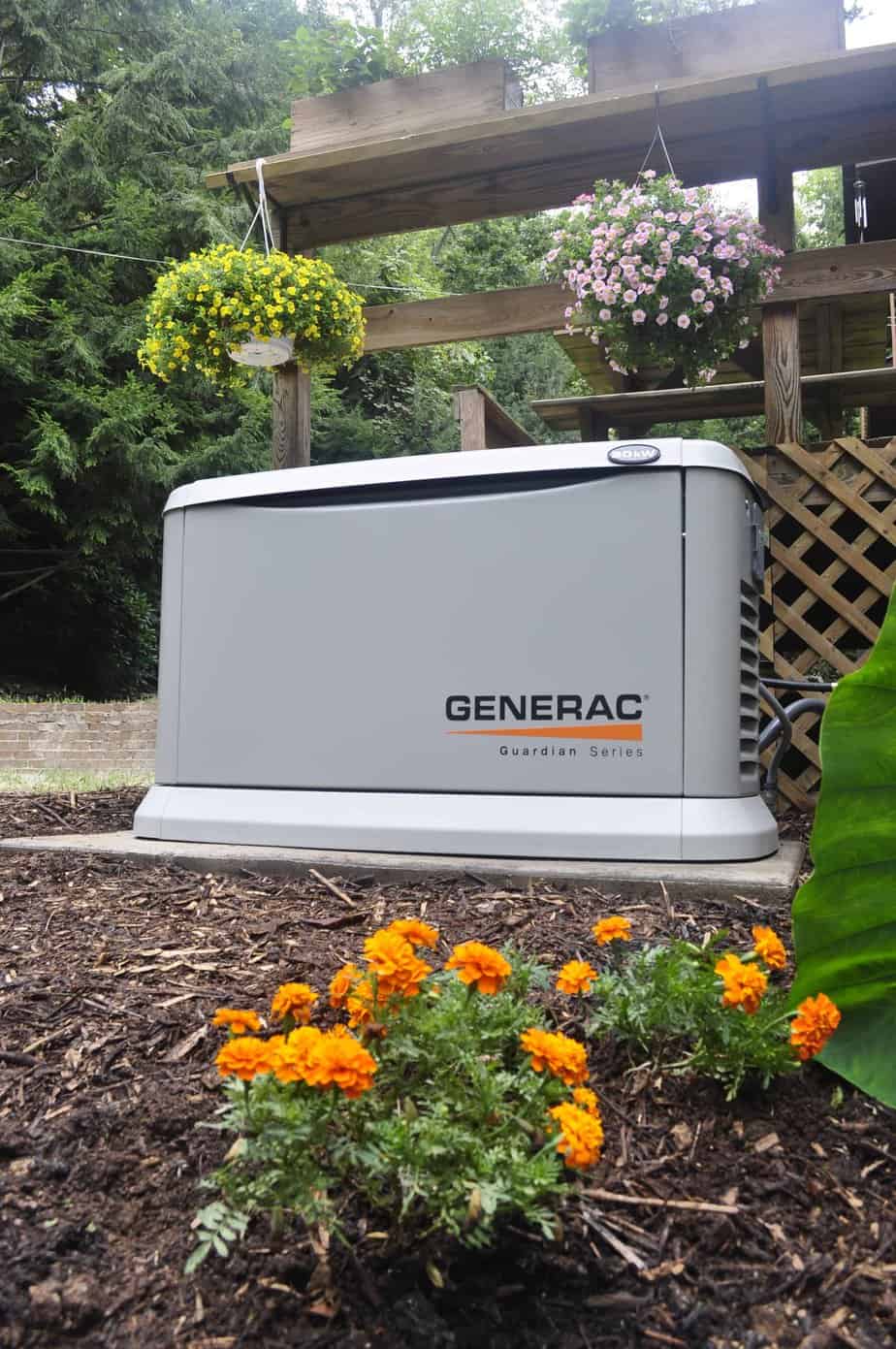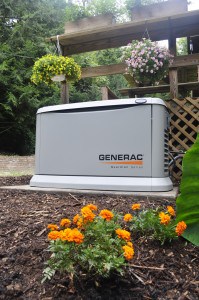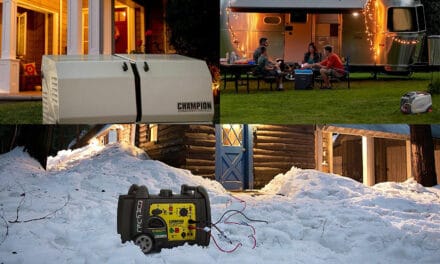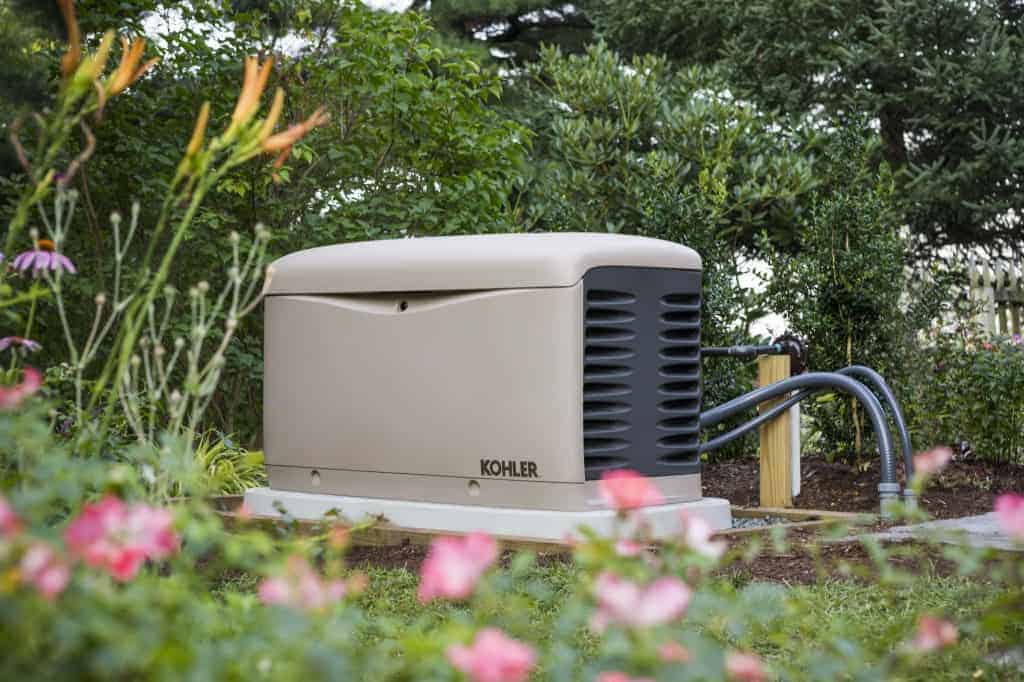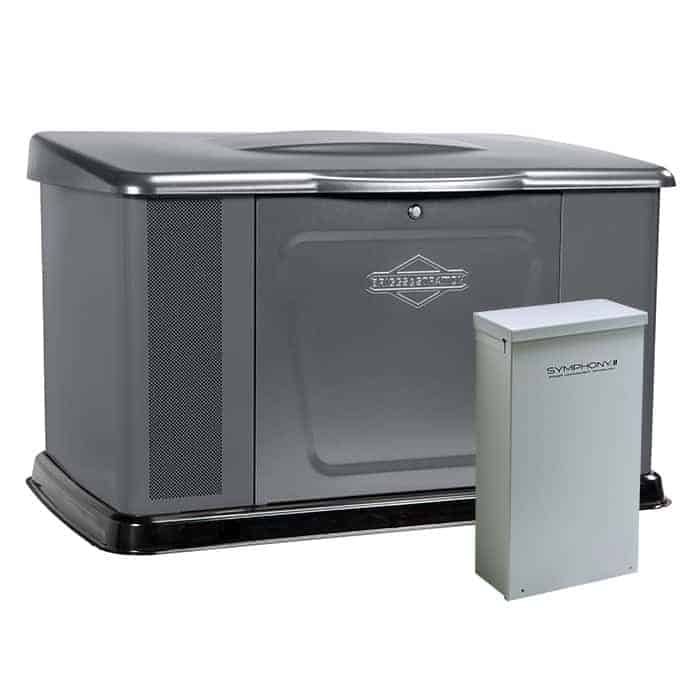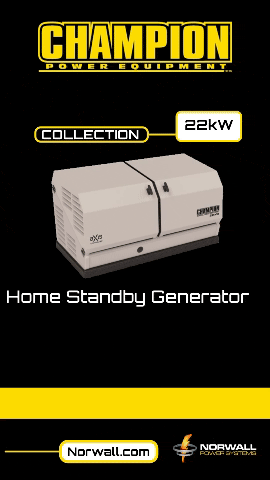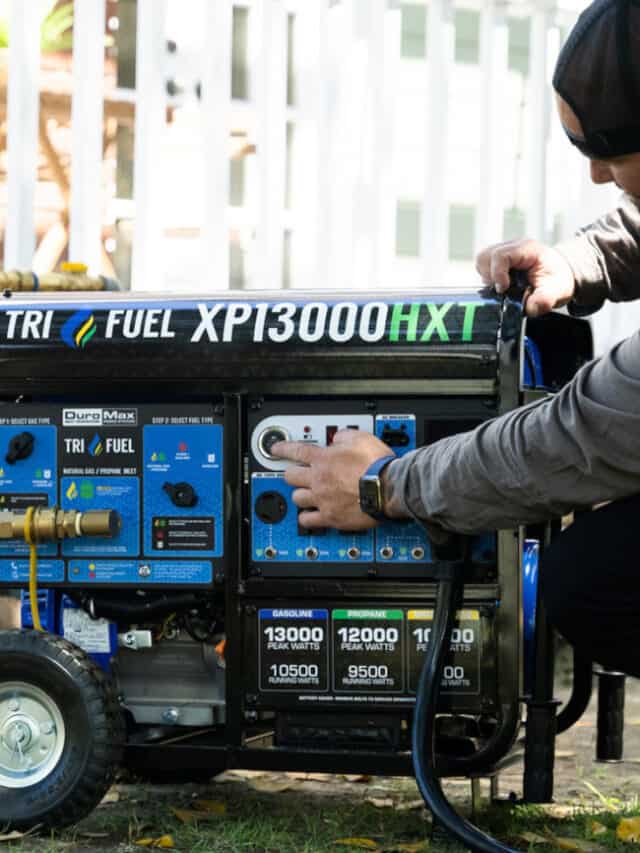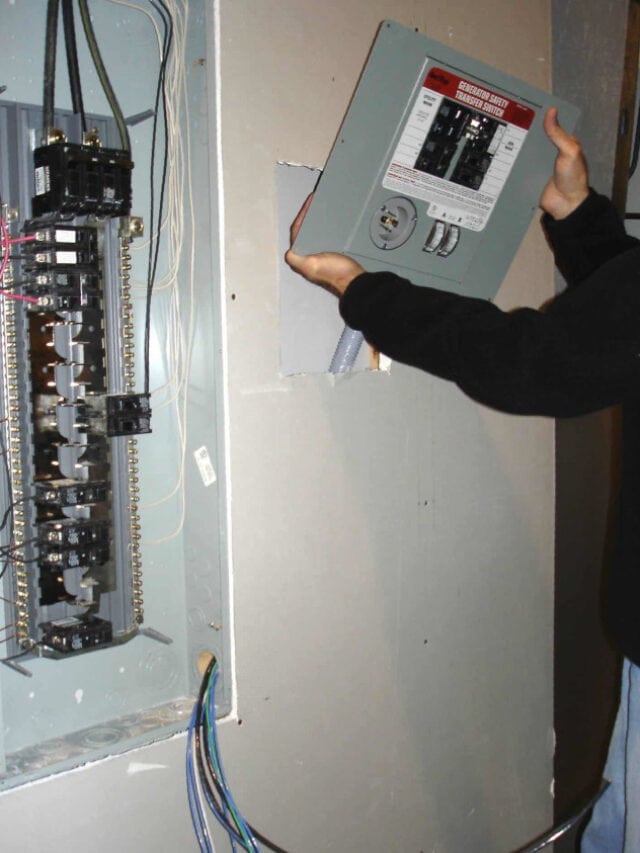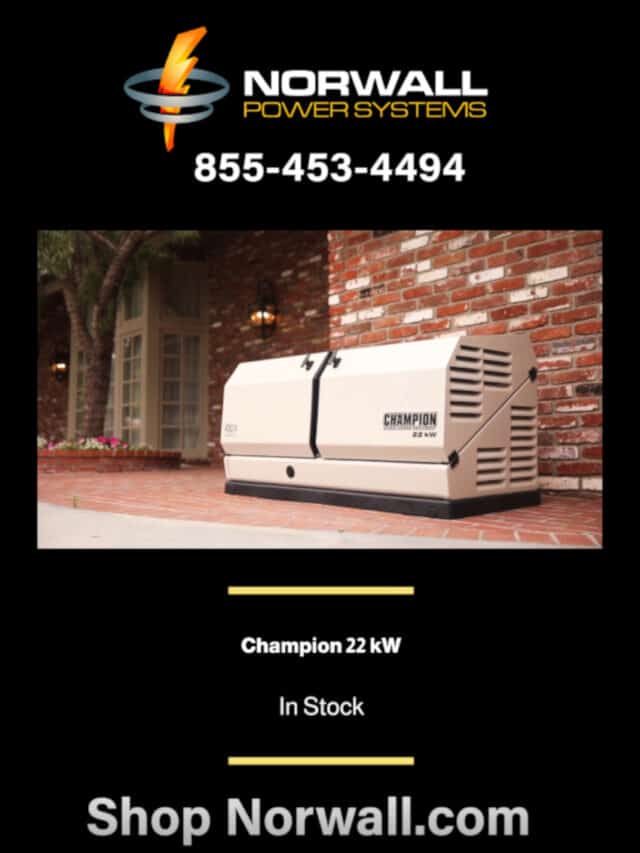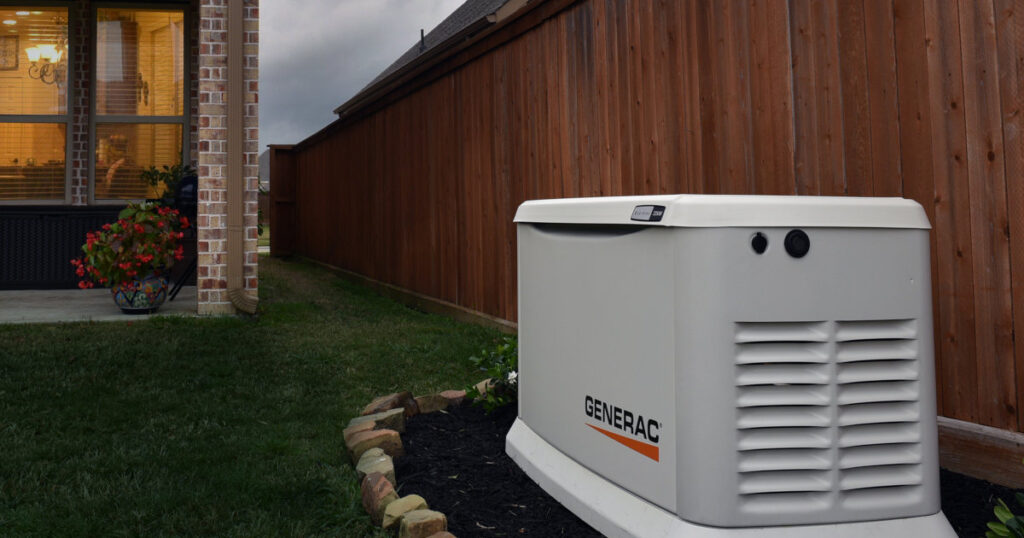Good comparisons are an important part of the decision making process prior to any large purchase, and standby generators are no different.
Making comparisons will help you determine which generator to purchase for you home and ensure the model you choose best meets your needs.
The first step in making a selection: do a power audit of your home to help you determine how much backup power your generator will have to supply. Then make choices based on which generator has the features to most efficiently supply that amount of power.
Power Management
A standby generator can supply a fair amount of power for a home, and since many major appliances don’t need to run all the time, or don’t have to run during a power outage, usually it is not necessary to purchase and install a generator that can supply enough power to run all appliances 24/7. Instead, a system that automatically manages power can substantially lower the cost of purchase and operation.
Power management prevents too many appliances that draw large amounts of power from operating at the same time. For example, a home with two air conditioners may only have enough backup power to start one at a time. Power management allows one unit to run, then starts the other if the generator isn’t at capacity.
Different manufacturers use different power management techniques, and some will control more devices than others, which makes comparing methods and capability important.
Fuel Considerations
Most home standby generators operate on either LP Gas (propane) or on Natural Gas. Some models run on diesel, making frequent refueling during extended outages necessary.
An important factor is the continuous power rating and how it relates to fuel. Generators that can operate on either LP Gas or Natural Gas are often less efficient while operating on Natural Gas. They produce more power while running on LP Gas, sometimes making it necessary to choose a larger generator if natural gas is the fuel of choice.
Larger capacity generators also use more fuel than those with less capacity. This becomes an important consideration when operating on LP Gas because the available fuel supply is limited by the size of the storage tank. Increasing the size of the fuel tank may be necessary to provide a fuel supply that lasts more than a few days.
Fuel use on all generators is directly related to electrical load. The size of the engine sets the minimum fuel use without an electrical load. As the electrical load increases fuel use also increases as the engine has to provide more power while running at the same speed.
Important comparisons to make are the specifications for full-load and half-load fuel consumption.
Transfer Switch Options
The automatic transfer switch is a key component to any standby generator system. Standby generators connect to homes via an automatic transfer switch, which automatically selects between utility power for normal operation or generator power during an outage. Choosing the correct transfer switch is an essential consideration for all installations. Most residential standby generator manufacturers offer automatic transfer switches designed to work specifically with their standby generators.
Ultimately, it is the transfer switch that controls what receives power during an outage and what does not. Choosing the right options may mean the difference between taking a hot shower, staying warm in the winter, or cool in the summer.
Location
Before you buy, determine the best location for your generator. Some models are better suited to small yards and install closer to the home or take up less space. Locate standby generators away from windows, doors, and vents. Other considerations include the prevailing wind and your neighbor’s home. It is just as important to keep carbon monoxide out of their home as it is yours. Some states have air quality standards that also limit what generators you can purchase
Extreme environments are also a consideration. Coastal areas have salt in the air which causes corrosion. Select models with good corrosion resistant enclosures or materials that don’t corrode in harsh environments.
Purchasing a standby generator is an important step to keeping your family and home safe during an outage. Do your research and choose a model that meets your home’s unique requirements.
Updated February 13, 2018

